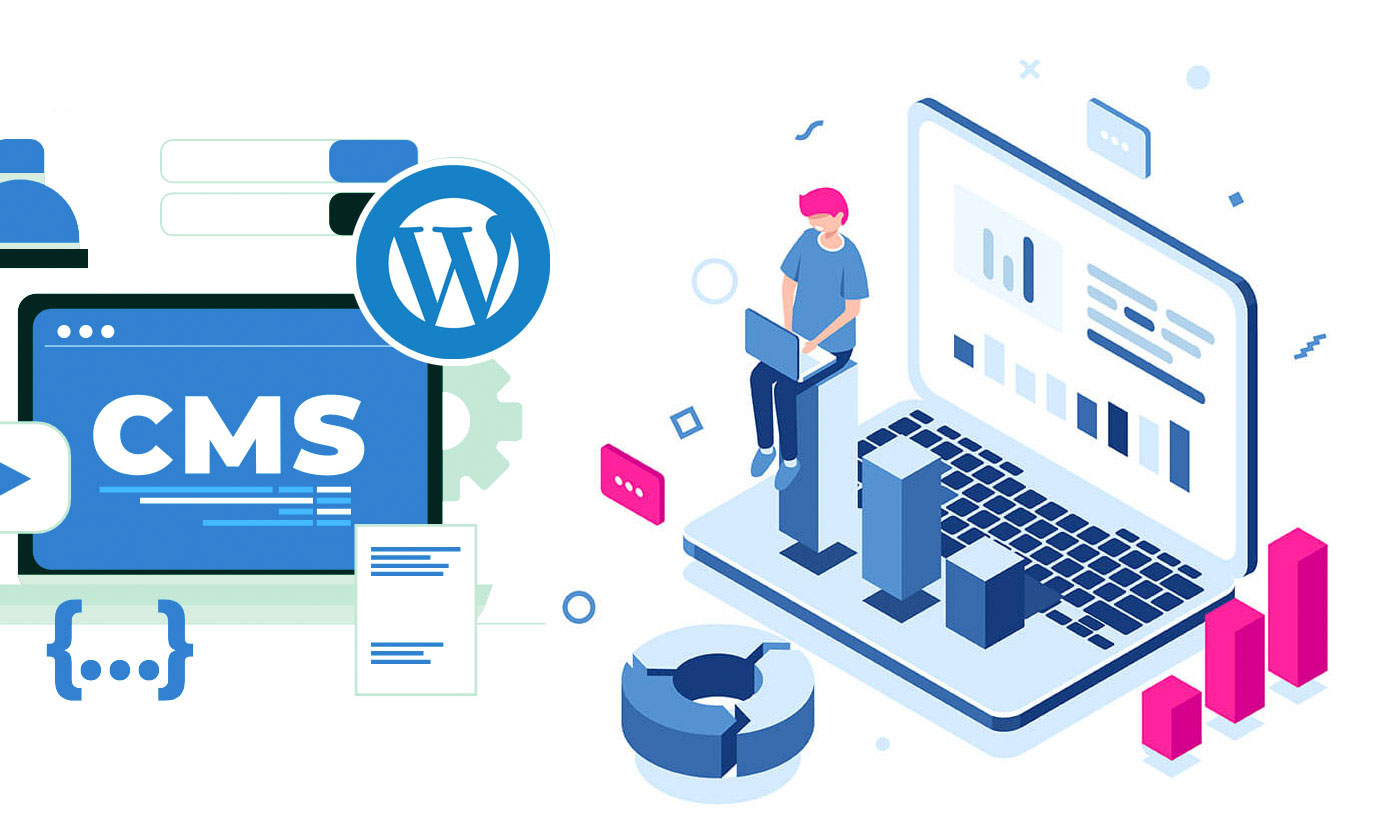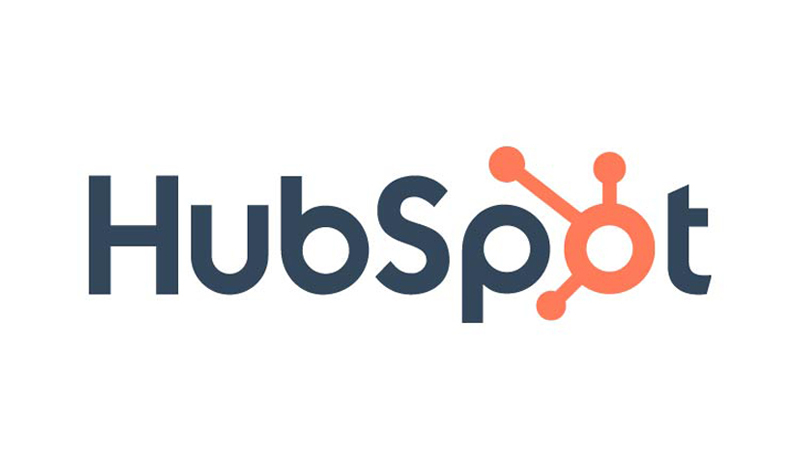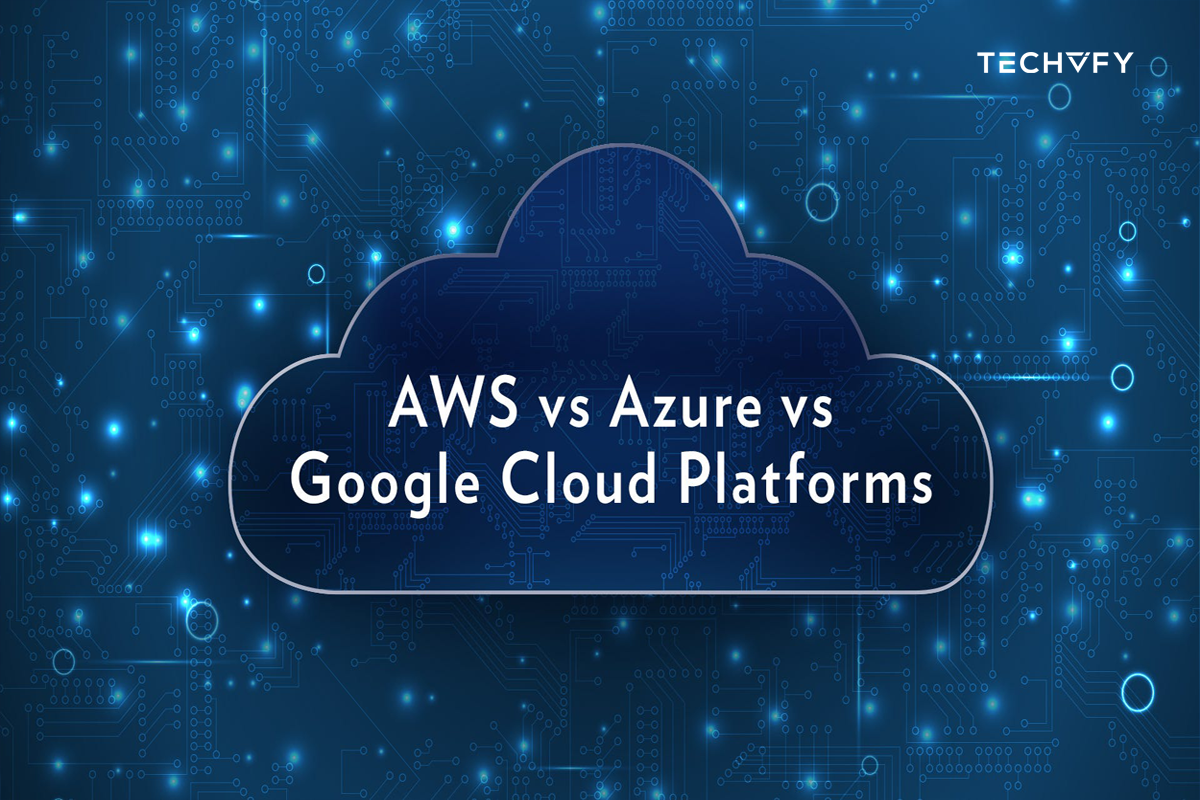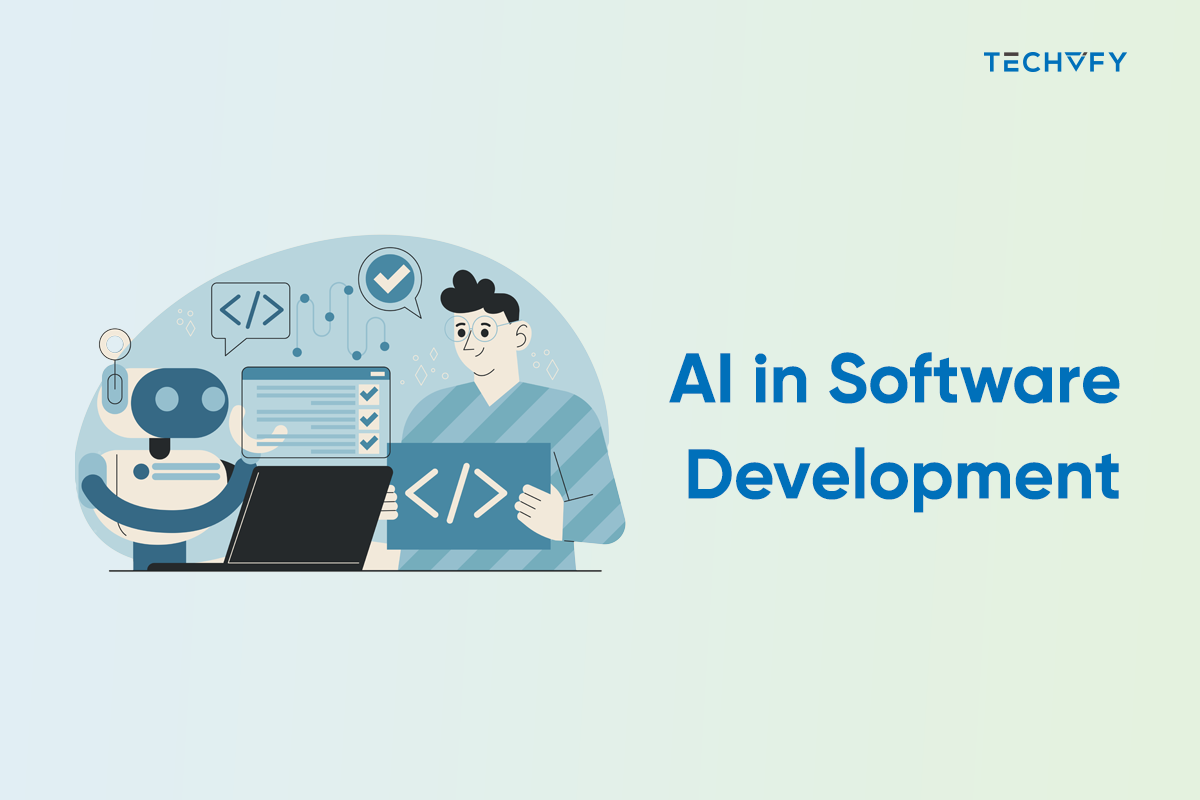10 Best CMS Systems to Create a website
- TECHVIFY Team
- 0 Comments
In today’s digital era, a well-crafted online presence is no longer a luxury but a necessity for businesses of all sizes. A content management system (CMS) serves as the backbone of your website, empowering you to create, manage, and deliver engaging content that resonates with your target audience. However, with many CMS options, selecting the right platform for your unique needs can take time and effort. This comprehensive article will give you the knowledge to make an informed decision, ensuring that the best CMS systems seamlessly align with your business goals and objectives.
I. The Importance of Choosing the Best CMS for Your Company
For a seamless digital experience, choosing the best Content Management System (CMS) for your business’s requirements is essential. With the correct CMS, your team can quickly produce, edit, and arrange content, which promotes productivity and teamwork. A suitable model for your business reduces the learning curve and allows non-technical users to contribute while using less time and money.
Options for customization make it possible to have a distinctive online presence that perfectly complements your company identity. The selected CMS’s scalability supports your business’s growth ability and guarantees that it can adjust to growing traffic and changing content needs.
Your digital assets also remain safeguarded by strong defenses against cyberattacks thanks to enhanced security features. Additionally, selecting a CMS aligned with your business goals guarantees cost-effectiveness by avoiding needless spending on parts that do not contribute to your specific needs.
Learn more:
Best Generative AI Applications for each Industry
Understand Software Development Methodology and Select the Best one for Success
II. Best CMS Systems for Business
#1. Wix
- Features
Wix is a user-friendly CMS with a drag-and-drop interface, making it ideal for small to medium-sized businesses. Wix offers templates and third-party apps that are best for those seeking simplicity and ease of use.
Pros include a straightforward setup, visually appealing designs, and affordable pricing. However, Wix may have limitations in terms of advanced customization, and scalability may become an issue for rapidly growing businesses.
- Price
This app offers a free and paid monthly plan starting at $12.95.
#2. Shopify
- Features
Shopify, a cloud-based commerce platform, empowers businesses to effortlessly create, manage, and expand their online stores. With robust features, such as seamless product and inventory management, comprehensive order processing, effective customer management, and versatile marketing tools, Shopify caters to businesses of all sizes. But it is perfect for companies new to e-commerce, providing an easy entry into online retail.
Its advantages include being a powerful and user-friendly commerce platform, suitable for businesses of all sizes, scalable, and affordable. However, it may be complex for companies with intricate needs, needs more customization, and may not be optimal for those focusing on digital product sales.
- Price
It starts at $29 monthly and scales up to $299.
#3. WordPress
- Features
WordPress stands out as a highly favored CMS celebrated for its user-friendly design, catering seamlessly to businesses of various scales. Tailored for small startups and large enterprises, it features a rich theme and plugin ecosystem, providing unparalleled customization options.
Benefiting from a vast community, users enjoy a wealth of resources, highlighting its user-friendliness, expansive community support, and scalability. Nonetheless, staying vigilant against potential security threats is crucial by regularly updating the platform.
- Price
In terms of cost-effectiveness, WordPress generally offers an economical solution with free core software, though expenses may arise from premium themes, plugins, and hosting services.
#4. Drupal
- Features
Drupal is a powerful, flexible CMS designed for more complex websites and applications. It is best for larger enterprises and organizations requiring a highly customizable and scalable solution. Drupal excels in handling large amounts of content and complex data structures.
Renowned for its security and high customizability, it facilitates the creation of complex websites with specific functionalities. Notable features encompass advanced security, scalability, and a modular architecture. Nevertheless, mastering Drupal may pose a steeper learning curve, potentially requiring developer expertise.
- Price
The pricing structure tends to be higher, reflecting the investment in development and maintenance.
#5. Joomla
- Features
Joomla strikes a balance between flexibility and ease of use. It’s suitable for businesses seeking more features than Wix but with a more straightforward learning curve than Drupal.
Its flexibility and user-friendly interface make it a solid choice. Notable features include a robust user community, seamless content organization, and a diverse extension library that enhances functionality. Joomla can have a steeper learning curve for beginners.
- Price
Despite this, the pricing is generally reasonable, with numerous free extensions available, though businesses may incur costs for premium templates and additional attachments.
#6. HubSpot CMS
- Features
HubSpot CMS is part of the HubSpot platform, offering an integrated marketing, sales, and customer service solution. It’s one of the best CMS 2024 for businesses looking for an all-in-one solution with strong marketing capabilities.
Recognized for its richness in features, HubSpot CMS offers user-friendly design, SEO optimization, and seamless integration of marketing automation tools for enhanced lead nurturing and conversion. However, it may be cost-prohibitive for small businesses.
- Price
The platform’s cost, starting at $300/month for the Professional plan, and a learning curve for advanced features may pose challenges for some businesses.
Please feel free to contact us for a free consultation: Software Development Services Company
III. Comparison of the CMS Systems
| Ease of Use | Wix and Shopify stand out for their user-friendly interfaces, employing a straightforward approach that accommodates users without extensive technical expertise. On the other hand, platforms like Drupal may present a steeper learning curve, requiring users to invest more time in mastering their functionalities. |
| Scalability | Regarding scalability, WordPress and Drupal emerge as robust choices, offering flexibility to accommodate businesses of varying sizes. Whether you’re a startup or a large enterprise, these platforms provide the scalability needed to adapt to changing demands and growing business requirements. |
| Customization | WordPress, Drupal, and Joomla are noteworthy options for those prioritizing customization. These platforms boast extensive themes and plugin ecosystems, empowering users to tailor their online presence to their unique needs. |
| Cost | In terms of cost-effectiveness, Wix and WordPress present economical solutions, which makes them attractive choices for businesses mindful of budget constraints. However, for those seeking an advanced feature set and integrated marketing capabilities, HubSpot CMS may be considered, acknowledging its higher starting cost. |
| Specialized Use | Each CMS system excels in specific use cases. Shopify distinguishes itself as a go-to solution for e-commerce, providing comprehensive tools for managing online stores. Drupal, designed for large and complex websites, is particularly suitable for those with multilingual support needs and high traffic volumes. With its emphasis on integrated marketing tools, HubSpot CMS becomes an optimal choice for businesses prioritizing lead nurturing and conversion. |
Looking to Outsource Development?
Contact TECHVIFY, Vietnam’s Leading Offshore Software Development & Outsourcing Company, for a consultation and development services.
IV. Future Trends in CMS
- Headless CMS
Headless CMS adopts a decoupled architecture, separating the back-end content management system (CMS) from the front-end presentation layer. This trend enhances business flexibility in content distribution across devices and channels, facilitating a seamless multichannel experience.
- AI and ML
They automate content management tasks, such as content creation, personalized content delivery based on user data, search engines, and social media content optimization. This trend empowers content creators to focus on strategic tasks while ensuring businesses deliver relevant and engaging content.
- Personalization
Businesses leverage data and analytics to personalize user content, which involves segmenting users based on data and delivering different content to each group.
- Composable DXP
Composable Digital Experience Platform (DXP) is an emerging architecture allowing businesses to assemble their CMS from various best-of-breed components. This grants companies greater flexibility in creating the CMS they need and quickly adapting to changing business requirements.
- Cloud-native CMS
Cloud-native CMS is designed for deployment and management in the cloud, offering scalability, resource allocation automation, and cost-effectiveness. Businesses benefit from easy scalability to meet changing demands, automatic resource allocation to match application needs, and potential cost savings compared to traditional CMS models.
Conclusion
“What are the best CMS systems 2024, even 2025?” We hope this article helps you with the most popular CMS systems and provides a clear comparison. Whether prioritizing user-friendliness, scalability, or embracing emerging trends, each system caters to unique needs. Consider the outlined factors to align your CMS choice with business goals, ensuring a dynamic and effective digital strategy.
Ready to elevate your digital presence? TECHVIFY is your partner in harnessing the power of cutting-edge CMS solutions. Explore our expertise in implementing user-friendly, scalable, and innovative CMS platforms. Contact us to transform your digital experience. Start now!










